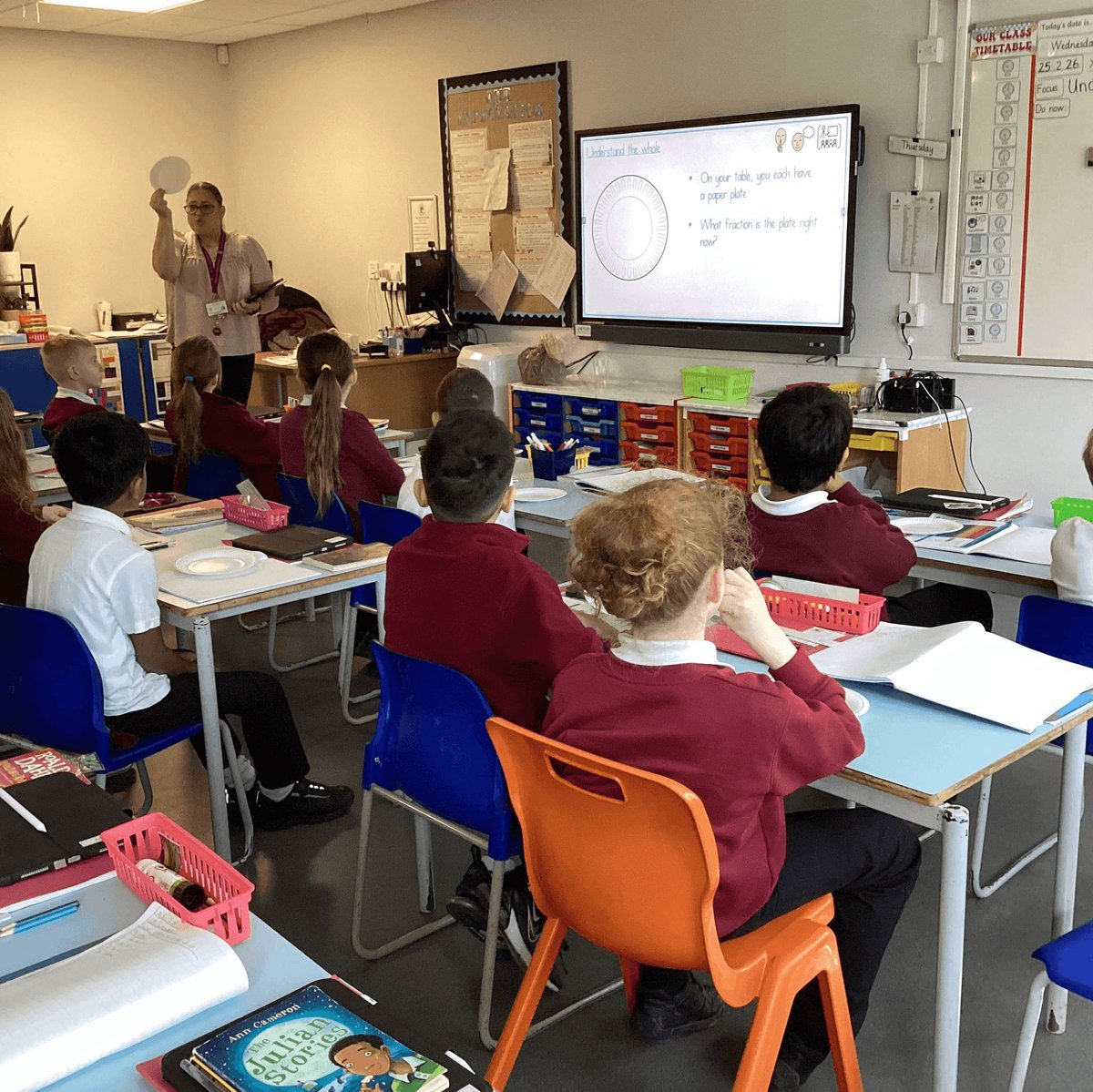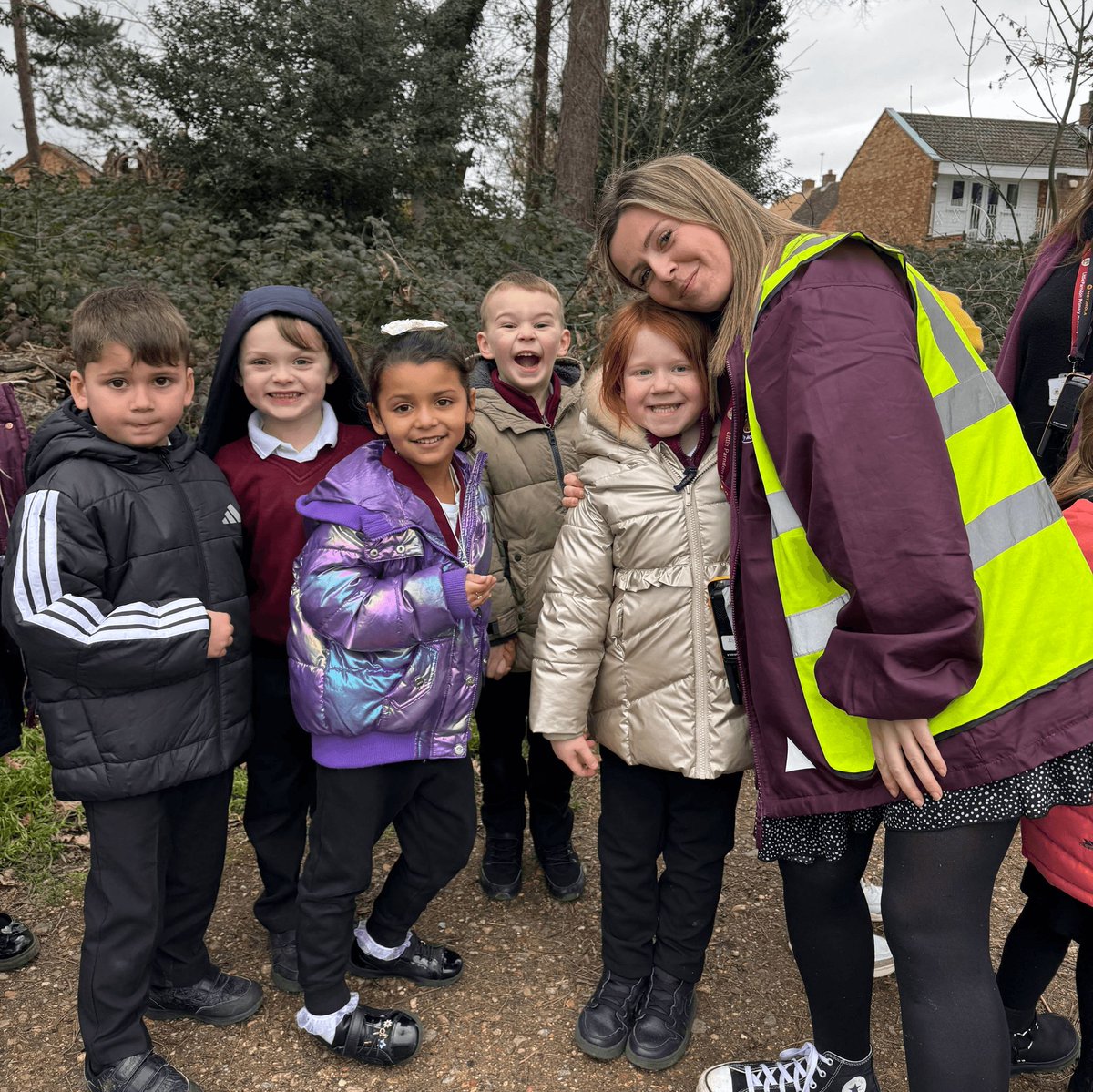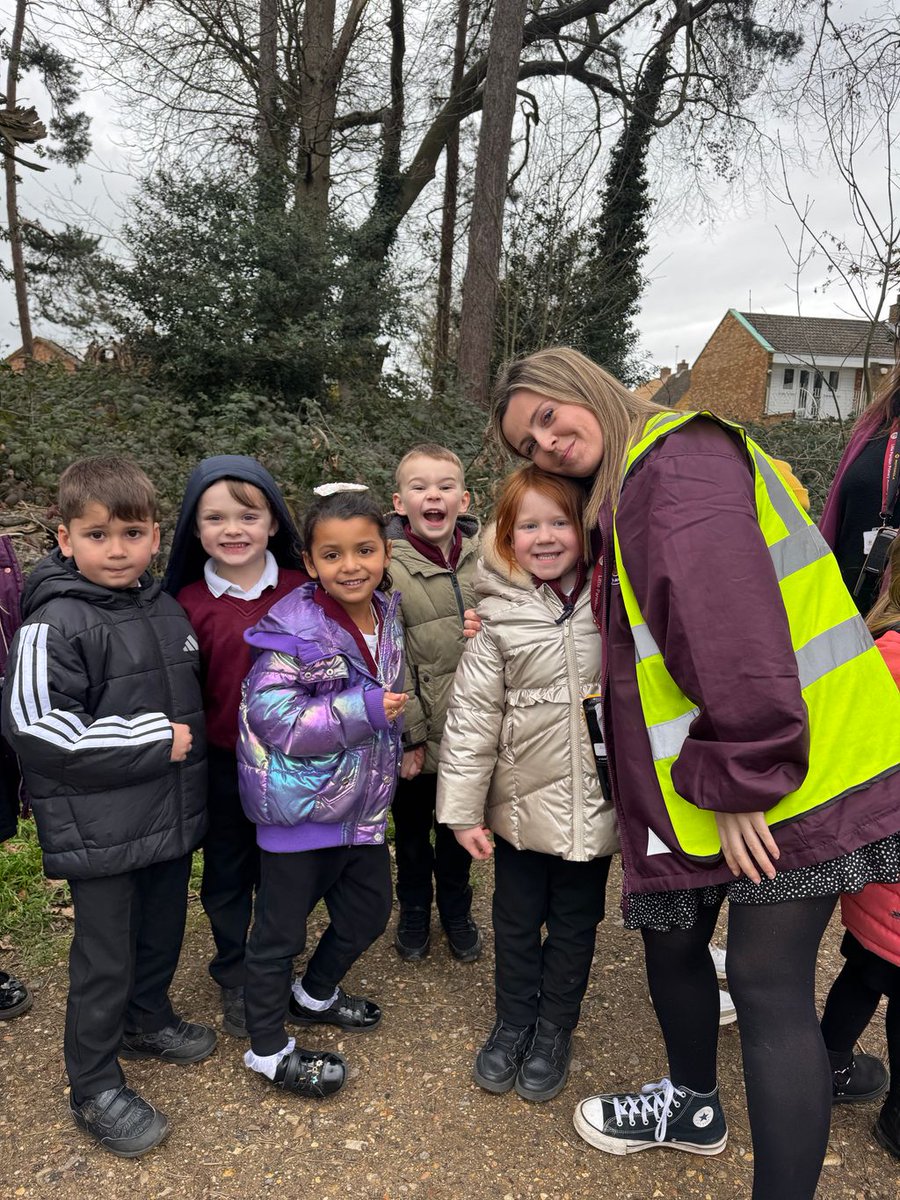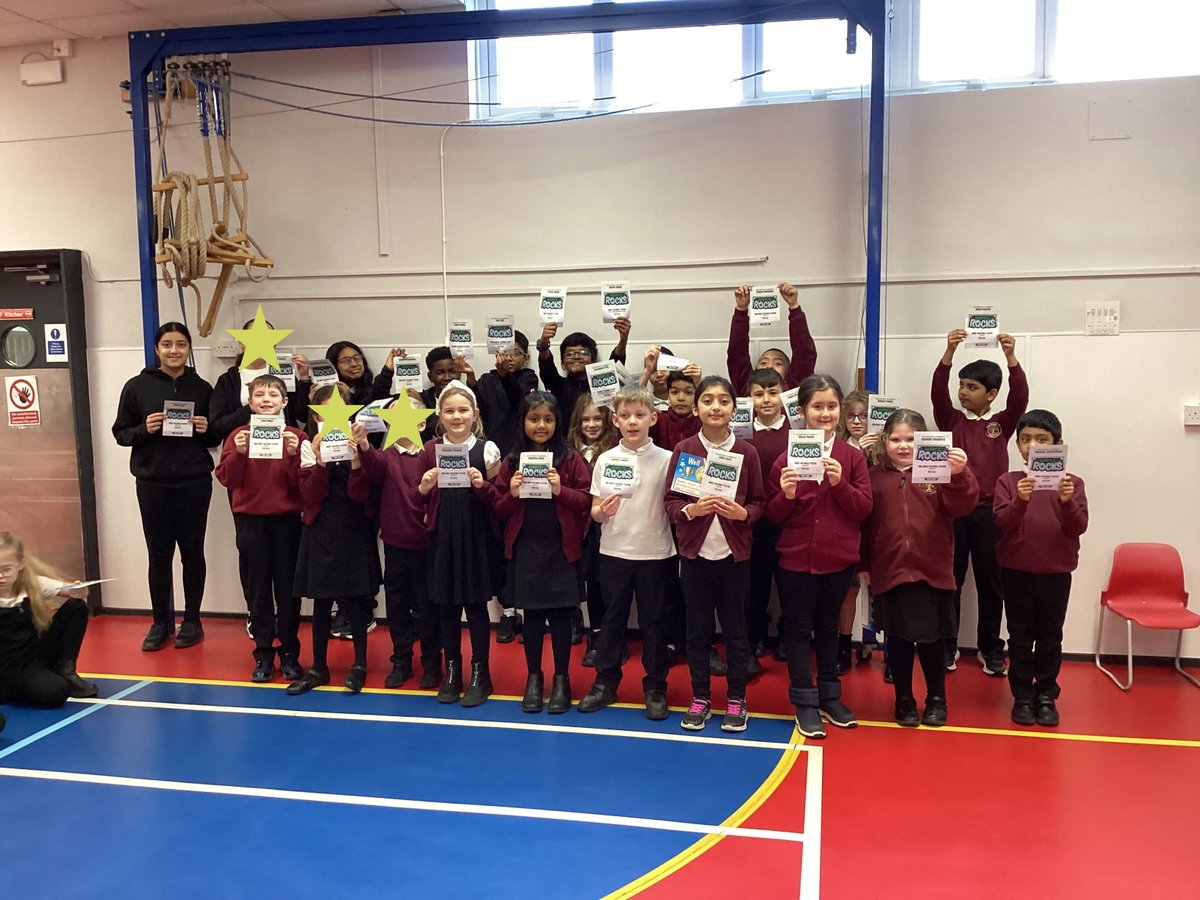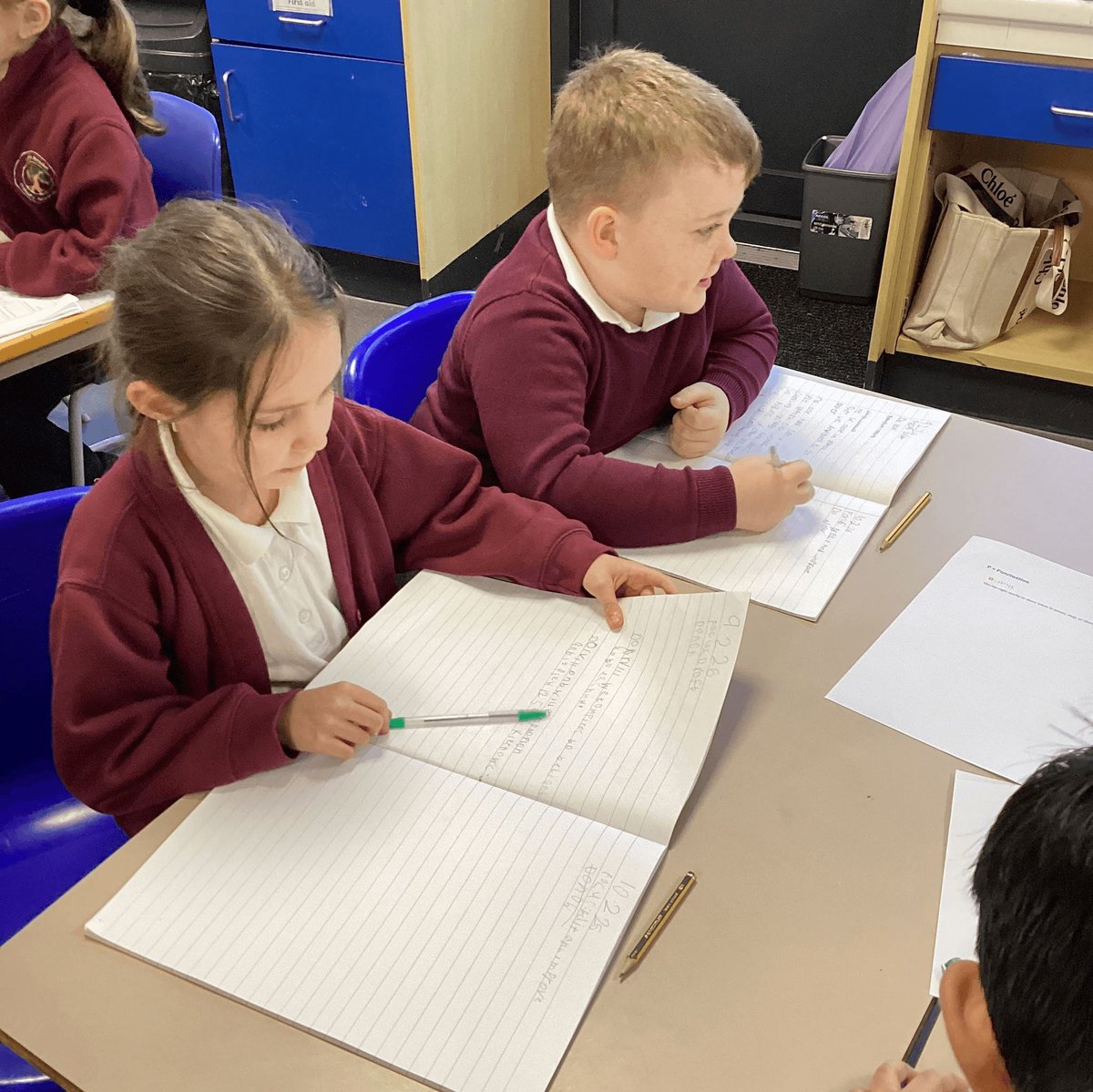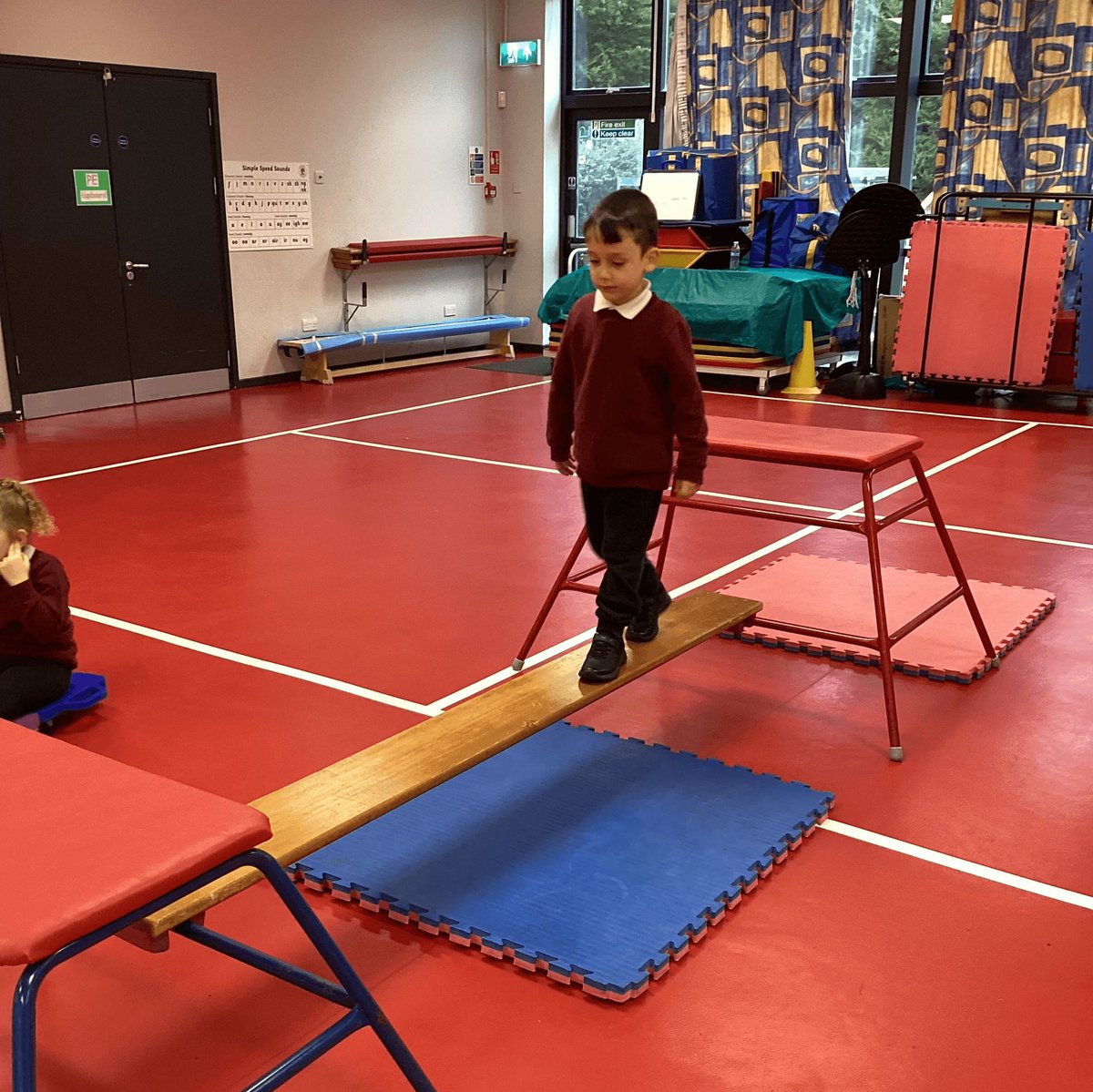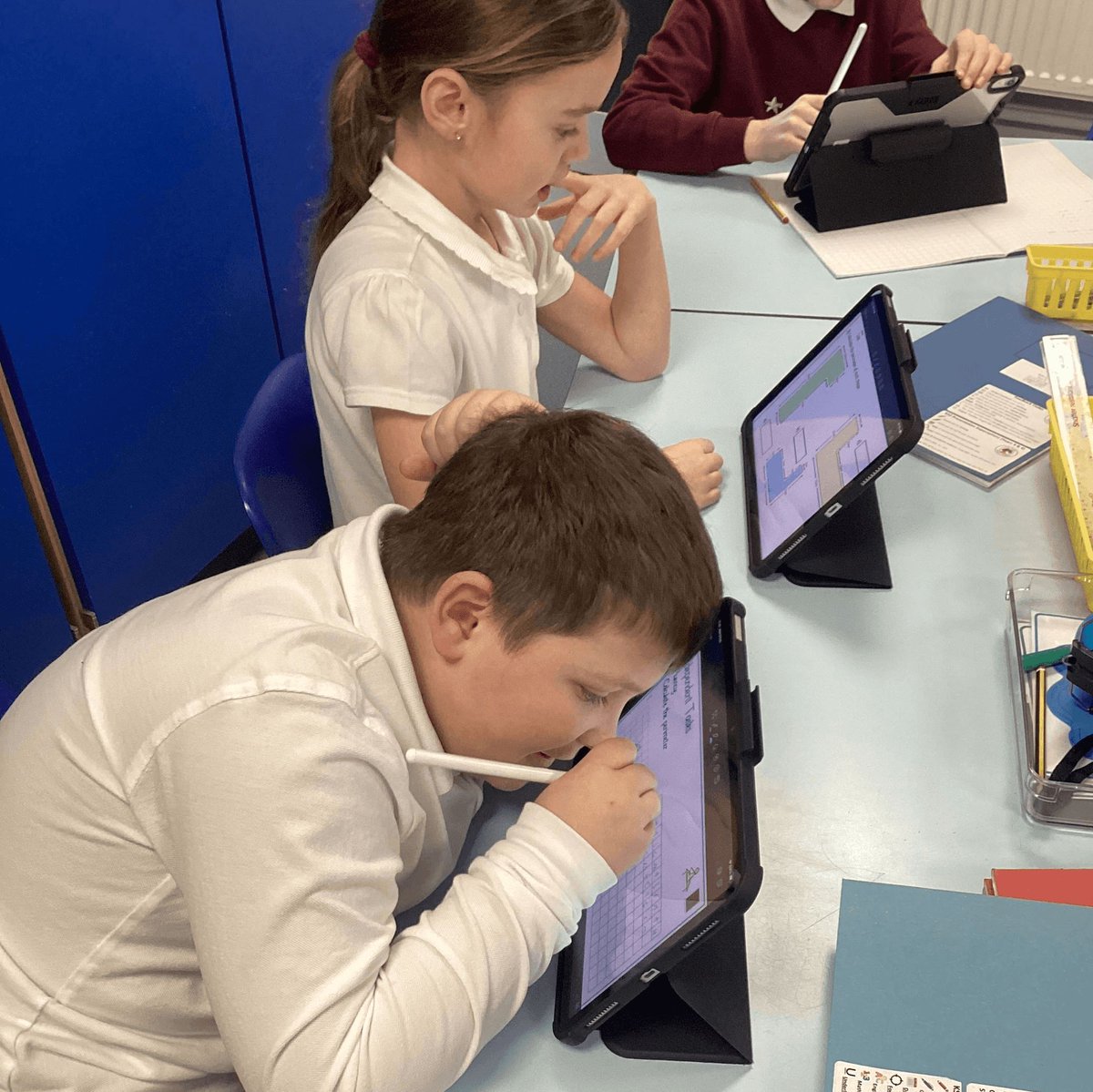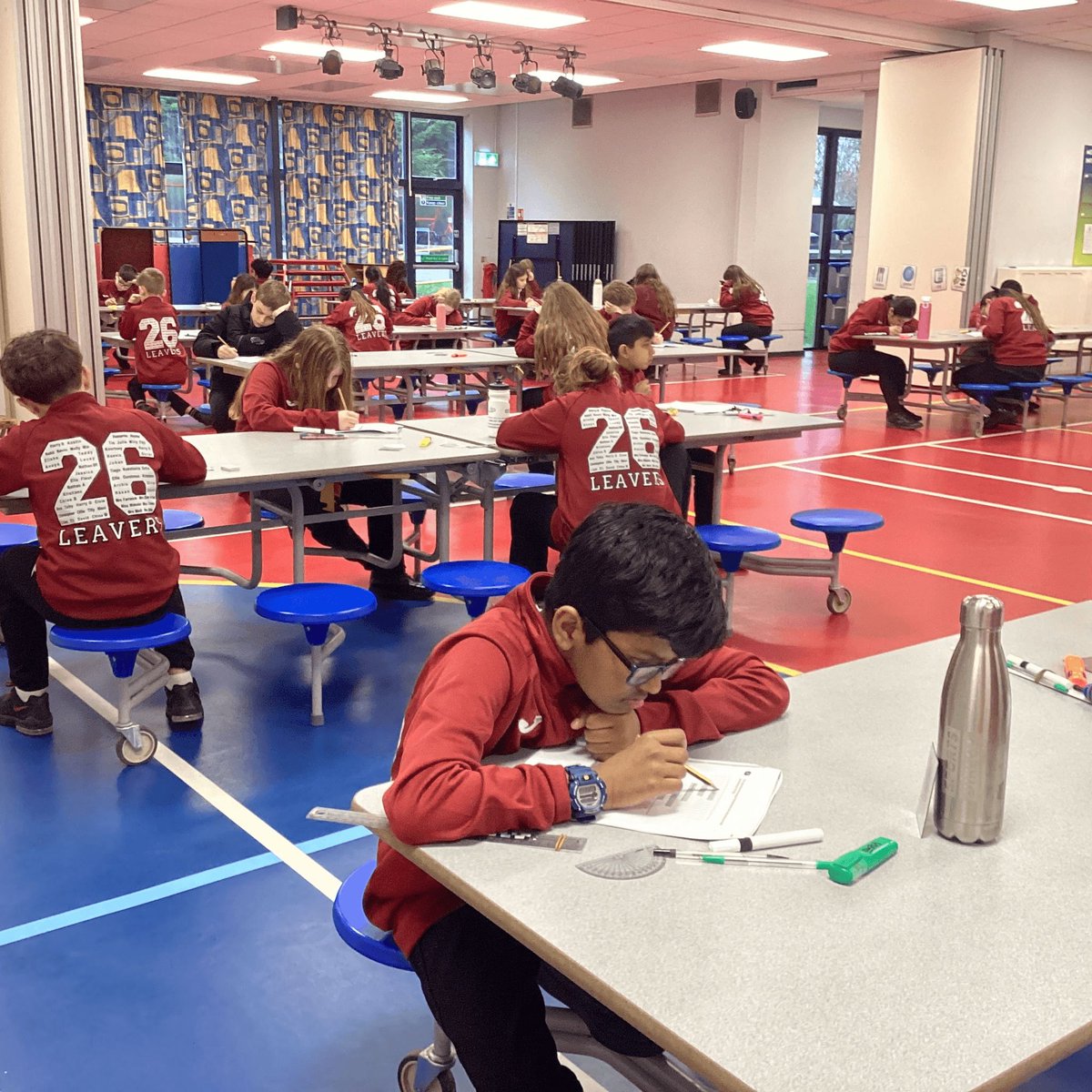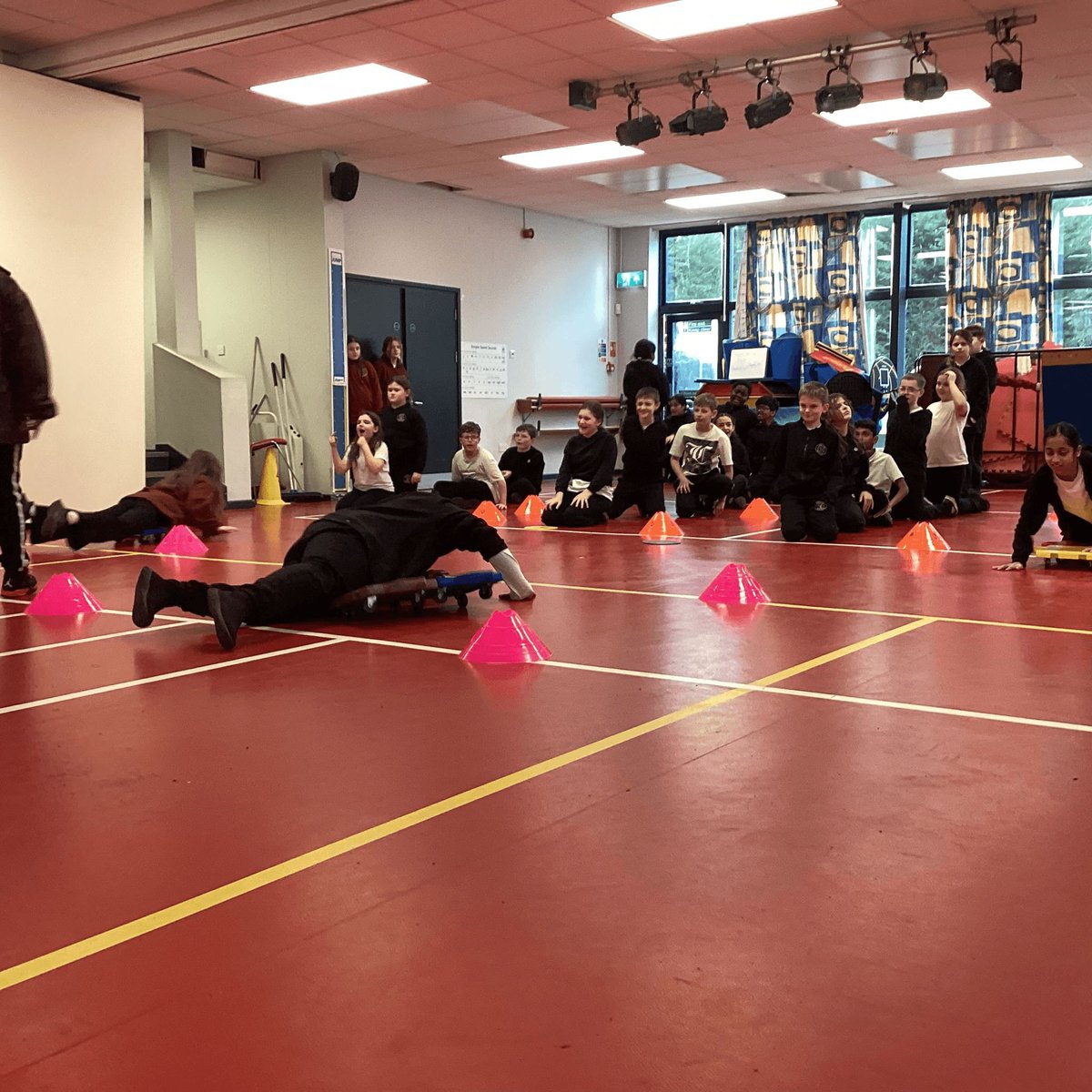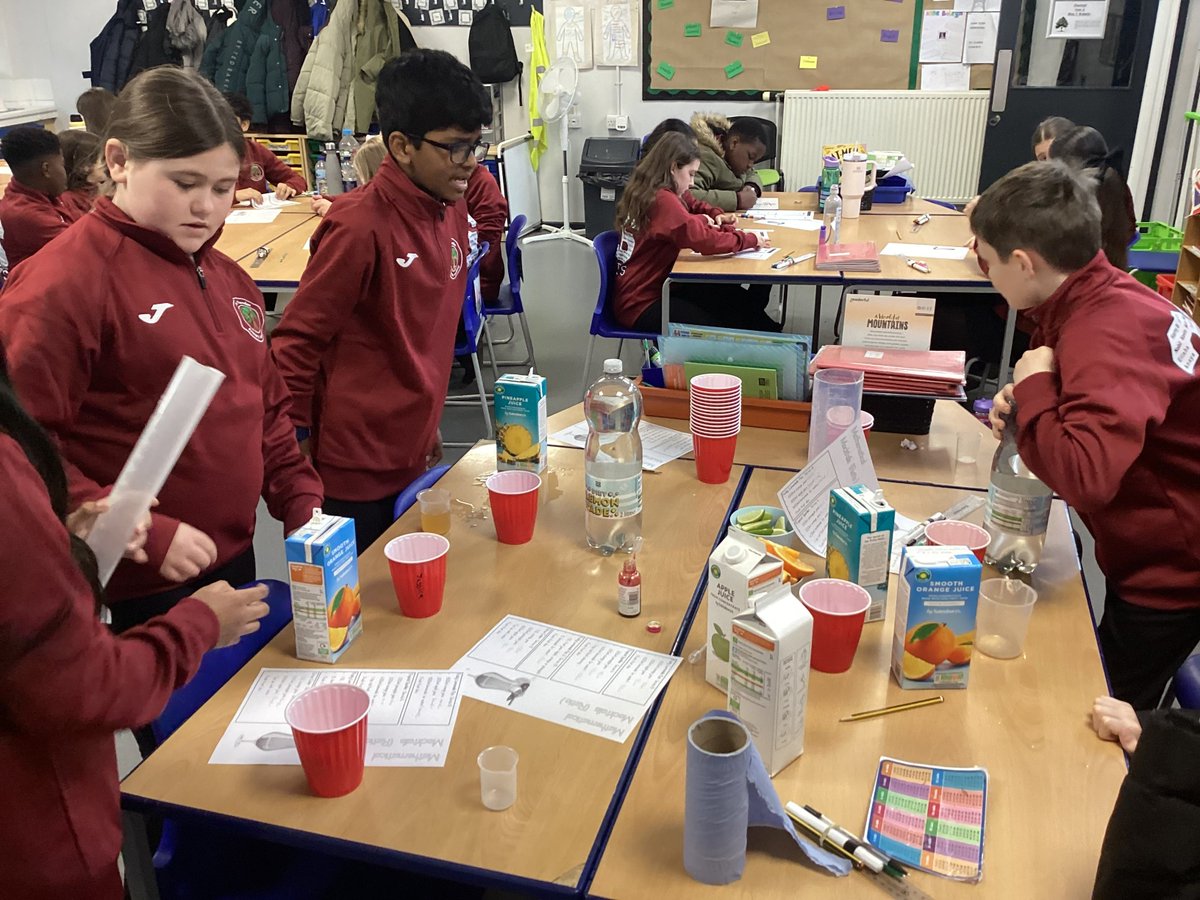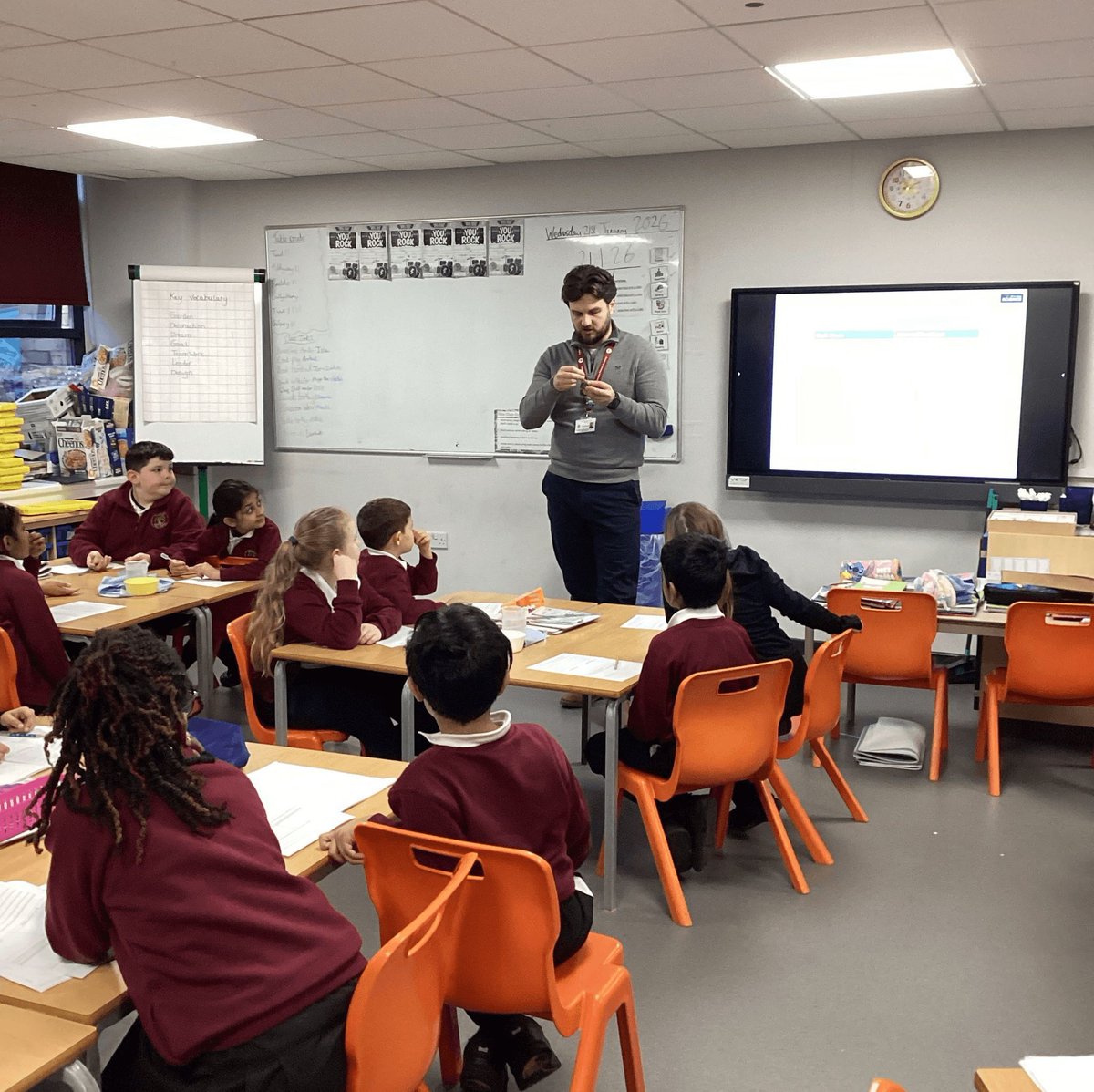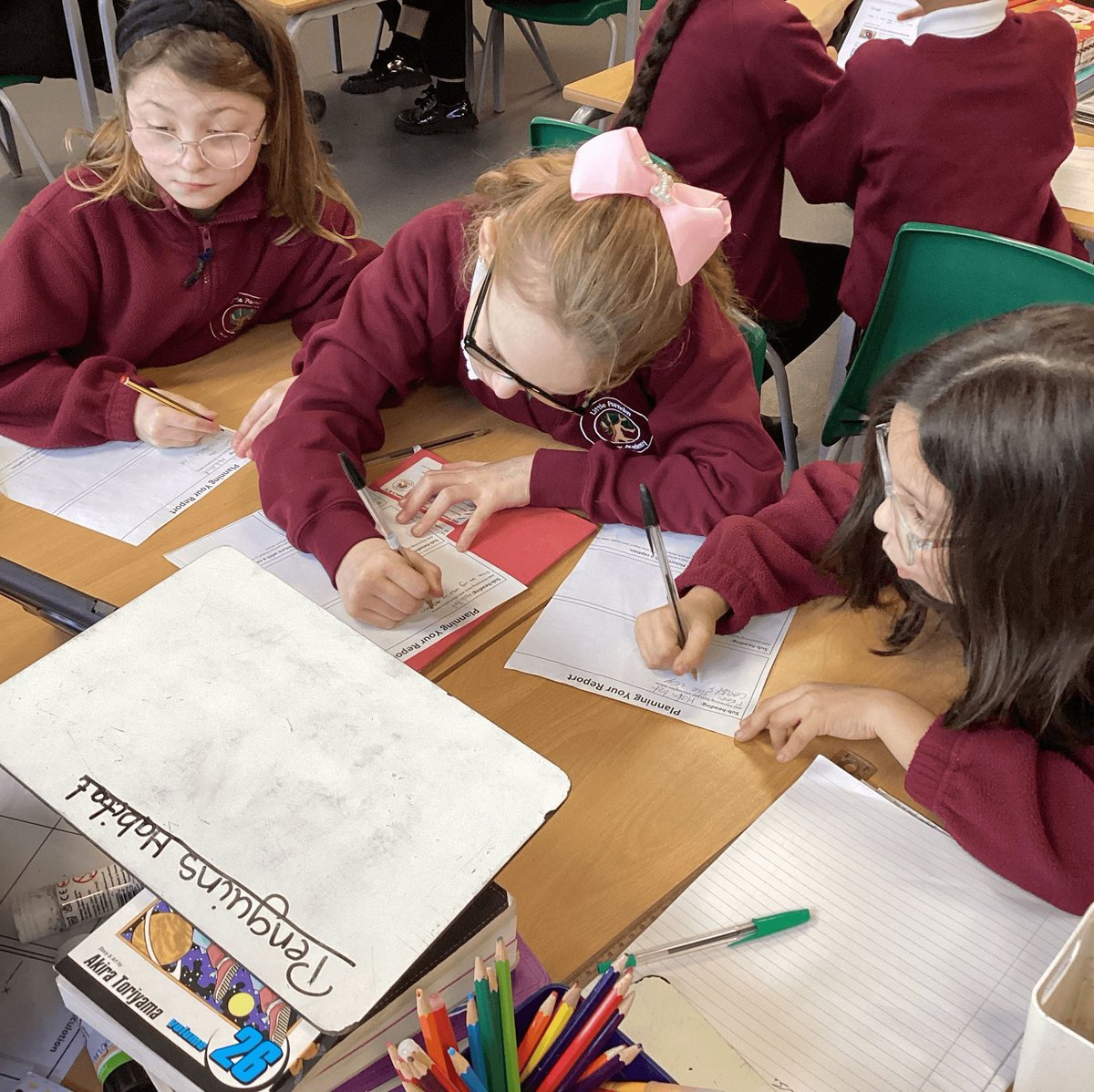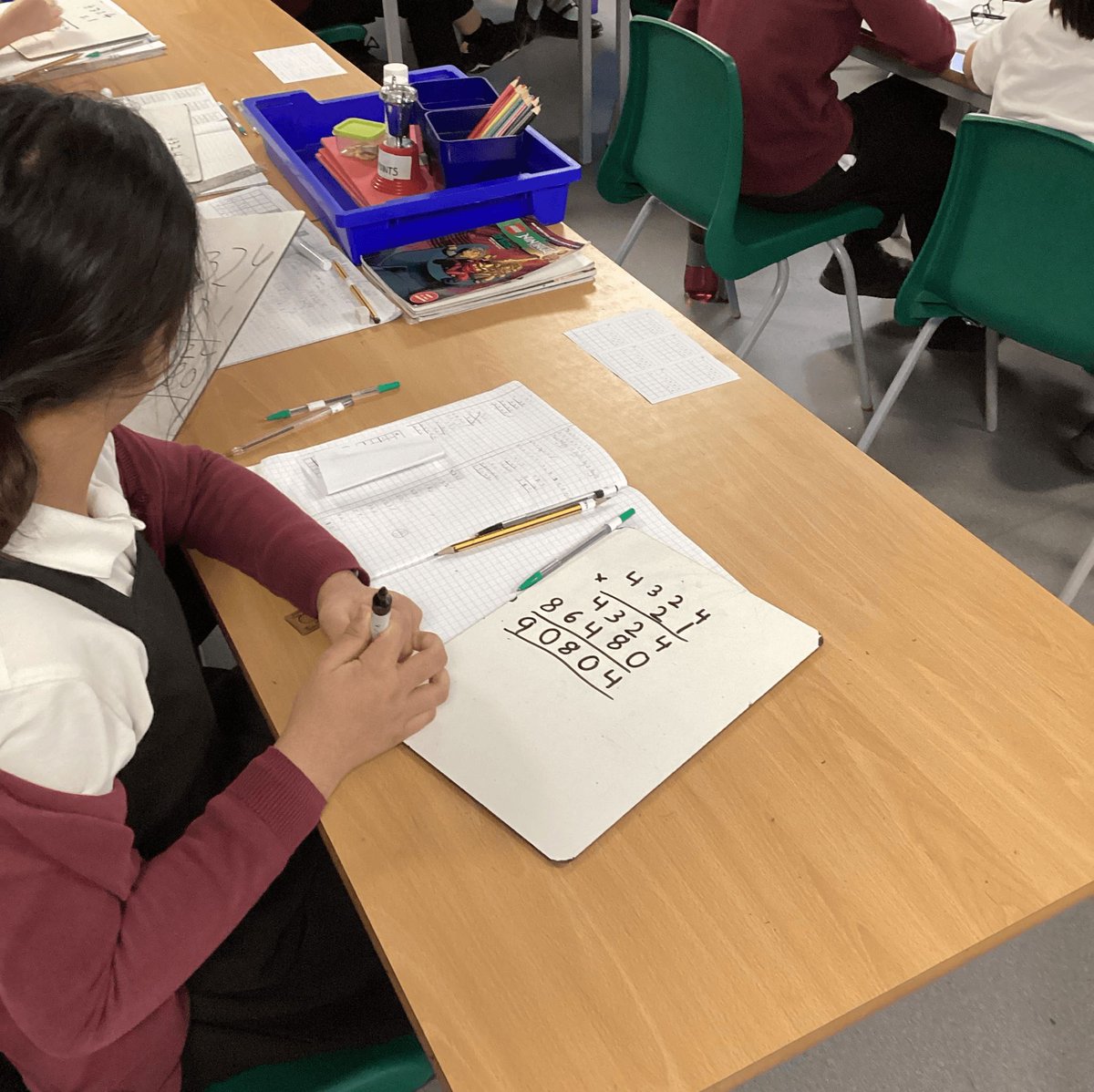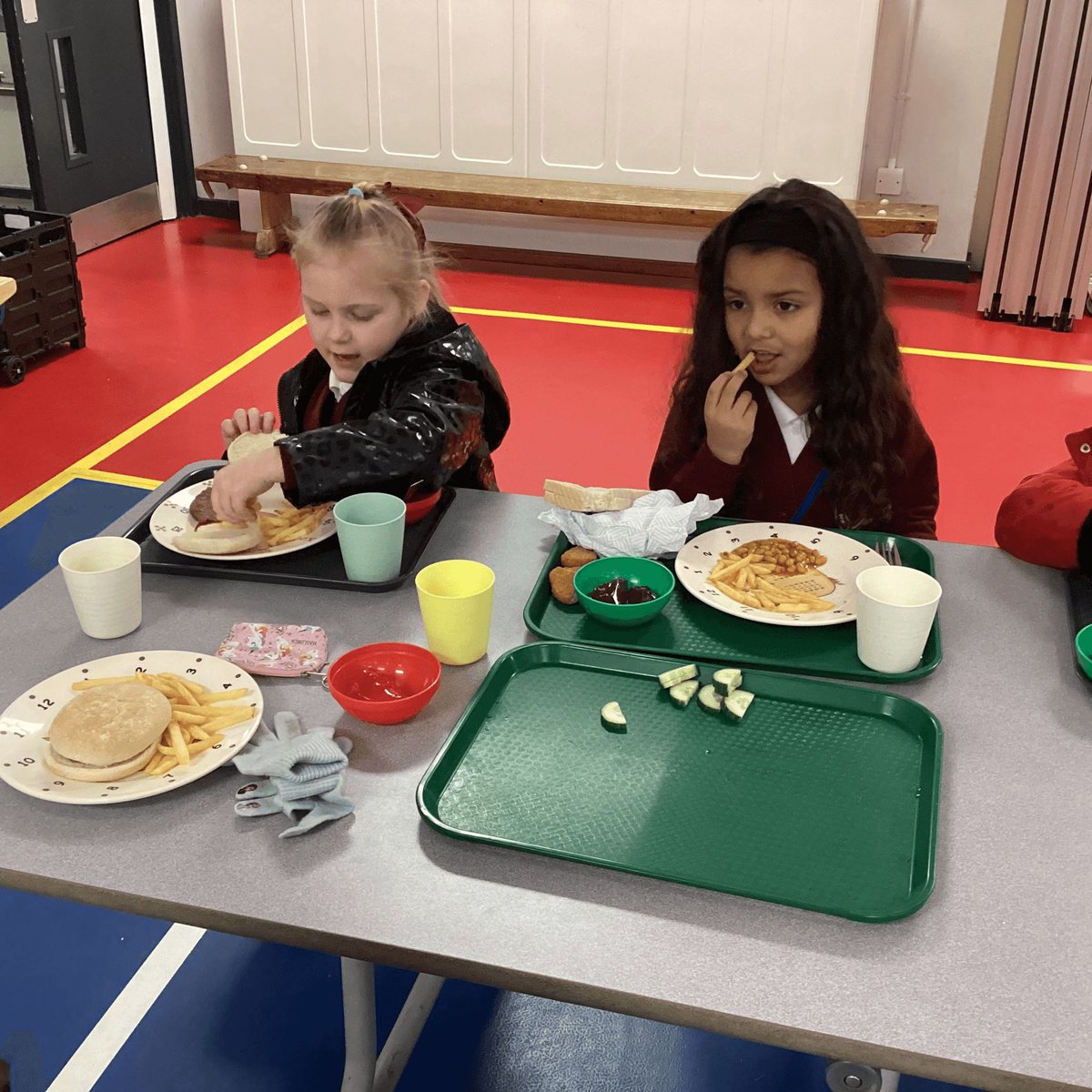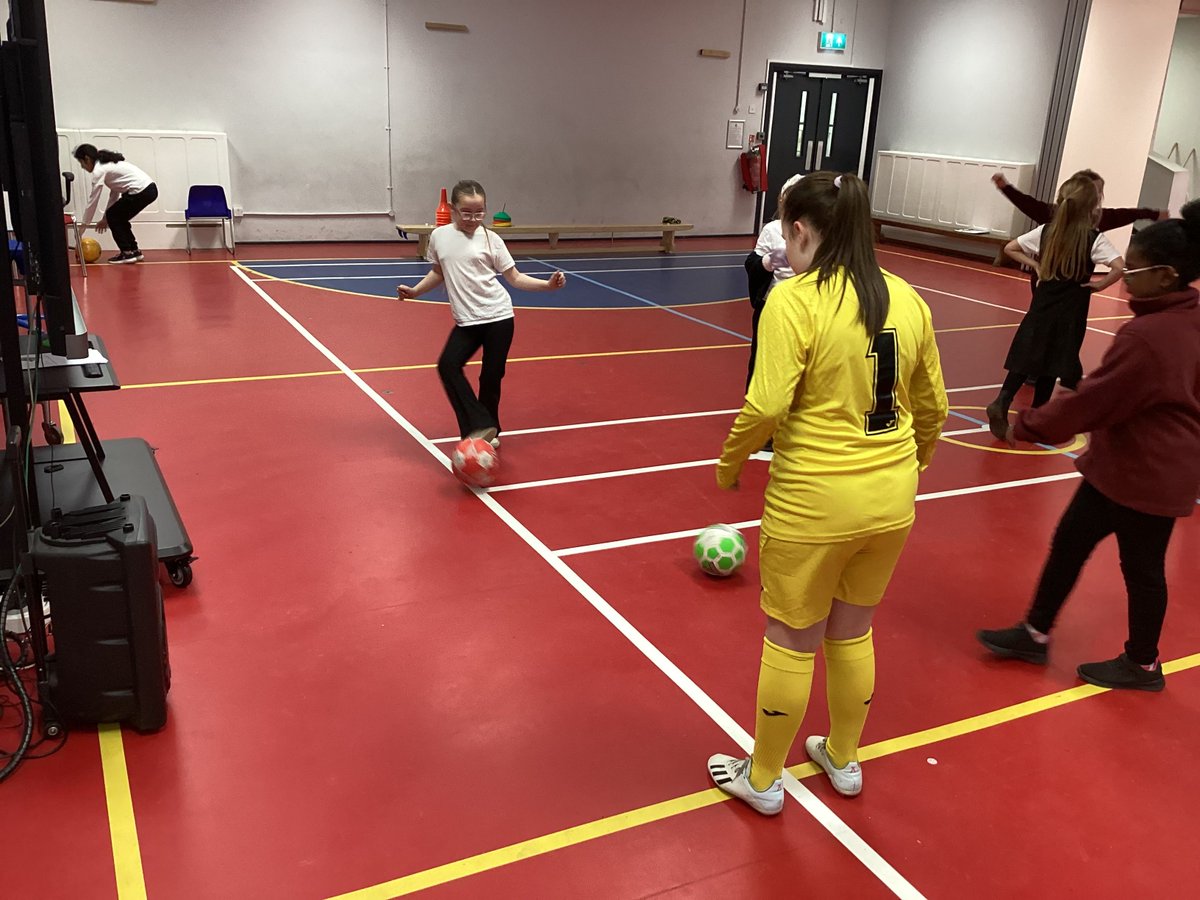Early Years Foundation Stage (EYFS)
“Shaping futures through education.”
This begins with our youngest children. We believe that explicitly teaching our values allows children to very quickly belong to our community and to understand our ethos. We have high expectations for our youngest children to show the character virtues of respect, responsibility and resilience.
Our Early Years curriculum is ambitious and broad. As well as ensuring a firm foundation in all of the areas of learning, we believe that EYFS is the starting point for each of the Key Stage 1 (KS1) subjects. So, for example, we have mapped out how Understanding the World directly relates to the KS1 subjects of science, history and geography; we have planned how the knowledge and skills of our children will develop through these subjects from Reception through to KS1.
Our Early Years curriculum is designed to ensure that children reach the highest possible standards in literacy and numeracy – we know that these are central to all learning that follows. The curriculum inspires children to read and to write and to calculate. We emphasise oracy and how this translates into early writing – for example, using the structure of known texts to adapt, to tell, to draw and to write, our books are planned out throughout the year. Phonics is taught daily from children’s first days- this ensures that our progression through phonics phases prepares children for their reading in Reception and forward to Year 1. Outdoor learning is as important as indoor learning and the outdoor environment supports children to integrate mathematics, reading and writing in their play.
We know that each child is unique and we value the unique contribution that they can make to Little Parndon. Our curriculum is flexible enough to respond to what is truly important to our young people – their family traditions, religion or culture, interests and questions they wish to explore.
Finally, we recognise that parents are children’s first and most important educators. We work at all times to build a positive partnership between home and school, beginning in transition to children’s start with us and continuing with our use of our online learning journey (Tapestry) to share learning between home and school.

